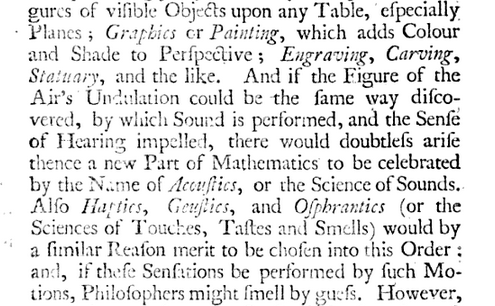Haptic is a term which is probably becoming more and more popular because of the recent introduction into the mass market of smart devices (phones, watches etc.) with heptic characteristics.
Haptic refers to:
a technology that uses touch to control and interact with computers. A user may apply a sense of touch through vibrations, motion or force.
Haptic technology is used mainly in creating virtual objects, controlling virtual objects or in the improvement of the remote control of machines and devices.
Haptic devices can measure reactive forces and bulk forces applied by a user.
(Technopedia)
Haptic entered the English language towards the end of the 19th century but its usage has increased only in recent decades (Ngram) in technological contexts.
- "pertaining to the sense of touch," 1890, from Greek haptikos "able to come into contact with," from haptein "to fasten". (Etymonline)
My question:
In what fields was the term originally used (medical, scientific or else)? that is, how come that this "greek" term was borrowed at the turn of the 19th century? Is the term now used also outside tech contexts?

